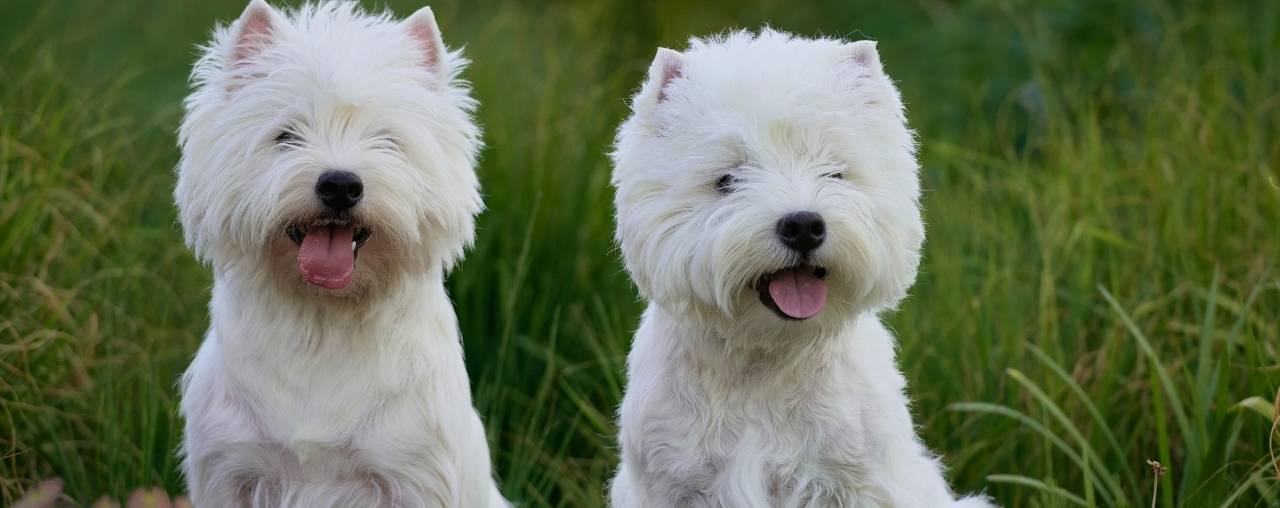
Spotlighting The Bengal Cat
Hi everyone, and welcome to the first of a new spotlight on different breeds of cats and dogs. This episode will be spotlighting the Bengal Cat. Every few episodes I’m […]
 play_arrow
play_arrow“Human” Foods For Pets Val Cairney

 play_arrow
play_arrowSpotlighting – The West Highland White Terrier Val Cairney
Hi everyone and welcome to this spotlight episode on Val Talk’s Pets. In this spotlight episode I’ve chosen to highlight one of my favourite breeds of dogs, and no I’ve never actually had one, but I love them and they are the West Highland White Terrier or Westies.
Westies are so cute and rugged wee things. I’m sure all my Scottish friends just loved Wee Jock from the TV series Hamish MacBeth, or in the comic Oor Wullie, his wee dug, Harry! The westie is quintessentially Scotland, so let’s have a wee look at the West Highland White Terrier.
The Westie is considered an offshoot of both the Scottish Terrier and the Cairn Terrier. Cairn Terriers are also lovely dogs and one time my husband and I were in a hotel lounge in Oban Scotland having a drink, when we spotted a couple doing the same but with a dog sitting with the woman. I couldn’t see 100% what kind of dog it was so I thought it looked like a Westie. I asked the woman and she said no, it was a Cairn Terrier. She was a breeder on a small scale and had bred Westies in her past, so we chatted about that. Rosie, their little Cairn was so cute I have to admit, between the two, I’m not sure I could make a choice.

There is a lot of interesting history with regards to the Westie, dating back to James the 6th of Scotland who reigned between 1567 and 1625. There were terriers before James, but the white colour was not seen as desirable. The white coat of the Westie has had a real journey as there were reports of a Spanish Armada being wrecked on the Isle of Skye in 1588 that carried white Spanish dogs and descendants of these dogs were kept distinct. Other families on Skye preserved both white and sandy coloured dogs, and it was reported that at least two Chiefs kept white terriers. Going forward, Dr. Edwin Flaxman from Fife is accredited with classes being added to dog shows for white Scottish terriers towards the end of the 19th century, as he redirected his breeding efforts to produce white terriers. Now, as for the West Highland White terrier that we have come to know these white dogs, Edward Donald Malcolm, also developed a white terrier breed from his Pittenweem Terriers. He did not want to be known as the creator of another white terrier so he insisted the white terriers be renamed West Highland White Terriers. The name first appeared in the book Otters and Otter hunting by LC.R. Cameron in 1908. The original Westie was bred to hunt small rodents so they have a very high prey drive.
So, a Westie is a double coated dog. It has a harsh white coat and a somewhat soft white undercoat. This keeps our little Westies warm against some seasonal Scottish climates. They are considered a medium terrier with longer legs. Their ears should prick straight up and they generally weigh about 15 to 20 pounds. They also live anywhere from 12 to 17 years. They are very smart and social, and can be boisterous, so regular exercise is key. And this is interesting, a Westie’s paws are slightly turned out to give them better grip when climbing on rocky surfaces. Is this not just the best dog for a hiking companion?
As a companion, Westies can have great temperaments enjoying company and being social. Some may prefer to be less social and they tend not to tolerate rough handling especially from small children that may pull their ears or fur. Because Westies have a strong prey response it is best to train from a very early age to not become food or toy possessive. Westies can be a bit stubborn so training will be more challenging. Things to work on are barking excessively and digging. But, Westie’s love their exercise, they bond well, can make a great watch dog and they are generally quite friendly and happy.

As for health concerns with Westies there is one thing that does seem to crop consistently when talking about health and Westies, and that is skin disorders. Some Westies can be affected by atopic dermatitis. This is a chronic allergic skin condition that affects more male dogs. Also, they can be affected by hyperplastic dermatosis. The disease is inherited and may present with lumps bumps and scaly skin. Unfortunately, Westies can also suffer from food allergies, environmental allergies, yeast infections, and hot spots. Now, having said this, when I spoke to Rosie’s owner in Oban, I asked about the skin issues with Westies. She said that she did not have any issues with her Westies when she bred them, and that she knew several Westie owners and none had issues. So, I think the bottom line here is, if you want to get a Westie, you need to be very aware of their potential issues and be well informed about you can do right away if anything starts developing. So, tips for keeping Westies skin healthy is daily brushing, clipping, so make sure you go to a groomer that is experienced with hand stripping, weekly baths, nail clipping obviously, but for Westies this is even more important so that they limit the chance of opening their skin and creating sores, and oral care for Westies is important as they have small mouths.
And one last thing, Westies can also have what is called “Westie jaw”. This is Craniomanibular osteopathy, also known as lions jaw or Westie jaw. According to animalfriends.co.uk, this is a disease that affects the jaw causing swelling, reduced appetite, drooling, pain on opening the mouth and in some cases a fever. It is the result of bone swelling during the growth of the bones of the skull and jaw. It will be noticed between the ages of three to eight months. This is a complicated ailment, so veterinarian consultation is absolutely necessary if this presents.
So, overall Westies are, friendly, hardy and independent. They can be stubborn and a bit of a challenge when training. They also have hereditary health issues to be aware of, and can suffer from a multitude of allergies. But, if you are interested in a Westie, going to a Westie rescue group will illuminate the guess work with regards to some of the health dispositions that may come up with a pup. If a pup is what you want, then you must make sure you are very aware of what to look out for with a Westie not just with health issues but socializing and training. Personally, I would say, a Westie is for an experienced dog owner. Yes, they are cute, but that shouldn’t be the number one reason for getting one. And just as important or even more so, is making sure you get an experienced and reputable breeder. You really need to know the history of the parents and other pups to make sure you are not going to be dealing with the hereditary issues Westies may have.
Despite the issues Westies may have, I still love them. So, I would also love if any Westie owners would like to share on my Website Val Talk’s Pets.com, their experience with their Westie. We can always learn so much from breed owners themselves because as I say, knowing is caring!
For the price of a coffee, or more if you are feeling generous, you can help keep this podcast going & growing. Please visit my ko-fi page to make a donation. Thanks for all your support!
Please remember to follow or subscribe to ensure that you never miss an episode.
Please don’t forget to Rate and Review each episode that you find helpful/educational. By doing so you will help others find Val Talks Pets.
Email me at: val@valtalkspets.com with topics you think would be of interest or with any questions you may have.
Also, visit and be a part of my website at valtalkspets.com and help it grow!
Thanks for listening!
Tagged as: terrier, west highland white terrier, westies, scotty dog, scottish dog.
Hi everyone, and welcome to Val Talk’s Pets, the forum for pet parents and enthusiasts alike. So, I have been working in the pet industry now for almost 10 years and, on a daily basis, I handle a lot of issues and questions arising from pet parents. I am not a veterinarian but I do have certifications in Canine, Feline, Small Animal, Fish and Herptile and Avian Health and Nutrition from the University of California, Davis Extension, the Vet College.

Val Cairney August 6, 2021
Hi everyone, and welcome to the first of a new spotlight on different breeds of cats and dogs. This episode will be spotlighting the Bengal Cat. Every few episodes I’m […]
Val Cairney August 29, 2025
Val Cairney August 15, 2025
For the price of a coffee, or more if you are feeling generous, you can help keep this podcast going & growing. Please visit my ko-fi page to make a donation. Thanks!
all rights reserved - Val Talks Pets - 2024